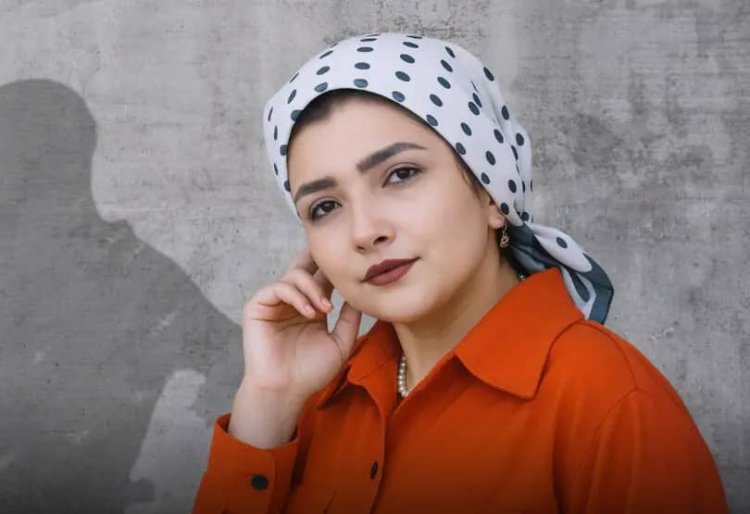The Case of Kobra Rezai: Official Silence Amid Public Reactions

According to media reports, the mutilated body of Kobra Rezai, a 26-year-old Afghan migrant woman in Iran, was discovered after fifty days of disappearance. While earlier reports indicated that parts of her body were found among garbage in one of Tehran’s districts, Ensaf News has now reported that her remains were discovered in the home of a 32-year-old Iranian man.
Available information indicates that Kobra Rezai, also known as Shaqayeq Rezai, left home about fifty days ago to go to work and never returned. After losing contact with her and receiving no information about her whereabouts, her family reported the case to the police.
The first report, published by social and media activist Mojtaba Alizadeh on Instagram, stated that Kobra’s dismembered body was found among the garbage in the desert areas of Hesarak. According to him, the only identifiable body parts were the hands and feet, while the rest of the body, along with her mobile phone and personal belongings, were still missing.
Police cordoned off the area and contacted the family for identification. Initially, the family did not believe the remains belonged to their daughter, but DNA tests later confirmed her identity.
On June 10, Ensaf News reported that the family had suspected one of Kobra’s coworkers — a 32-year-old Iranian man referred to as “A.Kh.” who worked as a security guard at a factory in Pakdasht. According to relatives, he had previously made attempts to get close to Kobra.
The report states that an investigation of phone data revealed the last signal from Kobra’s phone came from near the suspect’s residence.
With a judicial warrant, the police entered the suspect’s home and discovered parts of Kobra’s body. The suspect had allegedly attempted to destroy evidence using acid. While he initially denied involvement, he confessed after being presented with the evidence. He claimed that he had a nervous breakdown upon learning of Kobra’s engagement and committed the crime.
Ensaf News reported that her funeral was held on Monday, June 8, under tight security. Attendees were prohibited from speaking to the media or taking pictures. Her family was also unable to speak to the press, and according to one relative, they were discouraged from pursuing the case for retribution. Kobra’s sister reportedly attended the funeral with her face covered.
News of the brutal murder quickly spread across Persian-language social media, especially among Afghan migrants, sparking widespread outrage. Many users criticized the systematic disregard for Afghan migrants’ lives and the lack of safety for migrant women.
Afghan women’s protest movements issued statements calling for an urgent, transparent, and impartial investigation by the Iranian judiciary and demanded accountability from international institutions. These groups expressed deep concern over discriminatory treatment of Afghan migrants in Iran and condemned the Iranian authorities’ silence as indicative of neglect for the lives and rights of migrant women.
The Afghan Women’s Lantern Movement described the incident as a symbol of the “helplessness and vulnerability of thousands of Afghan migrant women,” stating:
“Kobra Rezai was one of thousands of Afghan women who fled the Taliban, poverty, and deprivation to seek refuge in Iran — only to fall victim to the same violence and injustice she had escaped.”
Meanwhile, Iranian human rights activist Masih Alinejad emphasized that Kobra Rezai’s life was no less valuable than any Iranian woman’s. Criticizing the media silence, she asked:
“Why has no journalist, reporter, or media outlet covered this case? Why has no one approached her family to bring the pain of fifty days of uncertainty — and then the discovery of her severed limbs — to public attention?”
